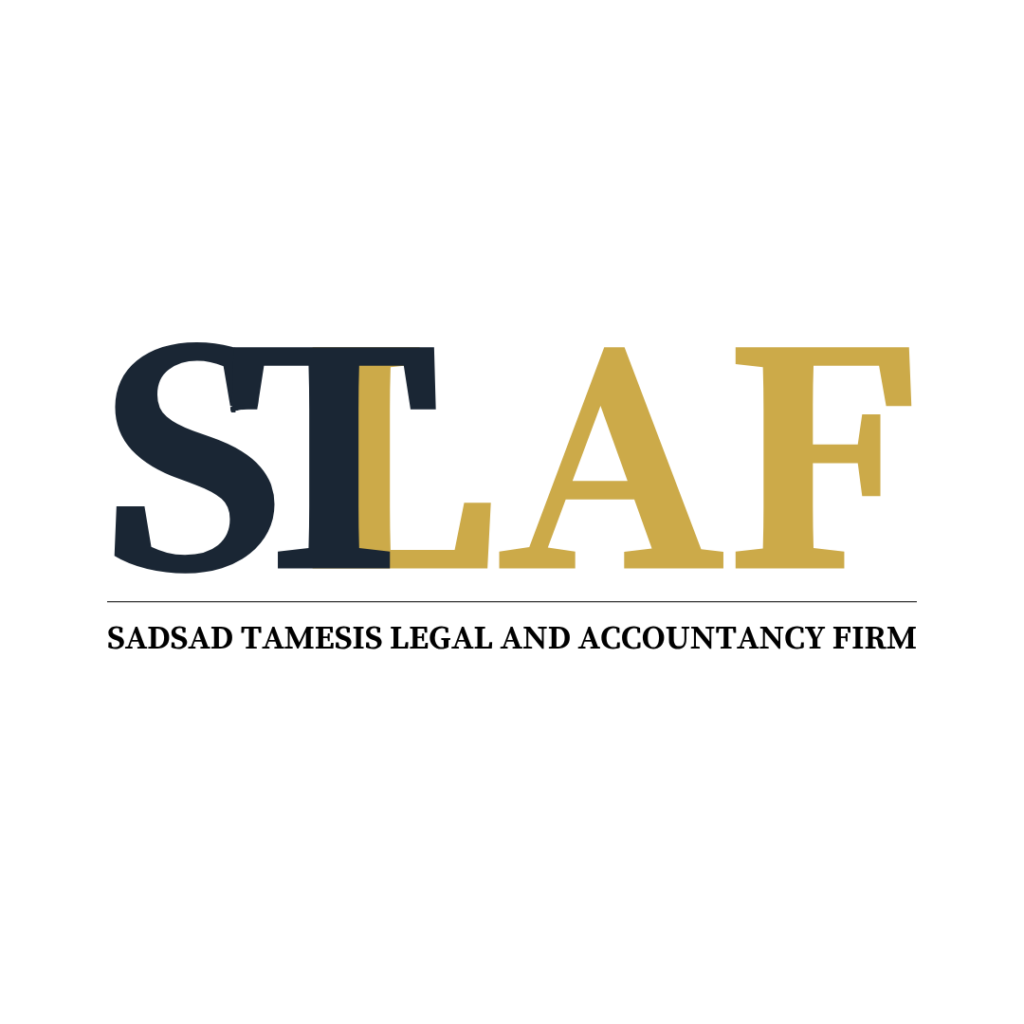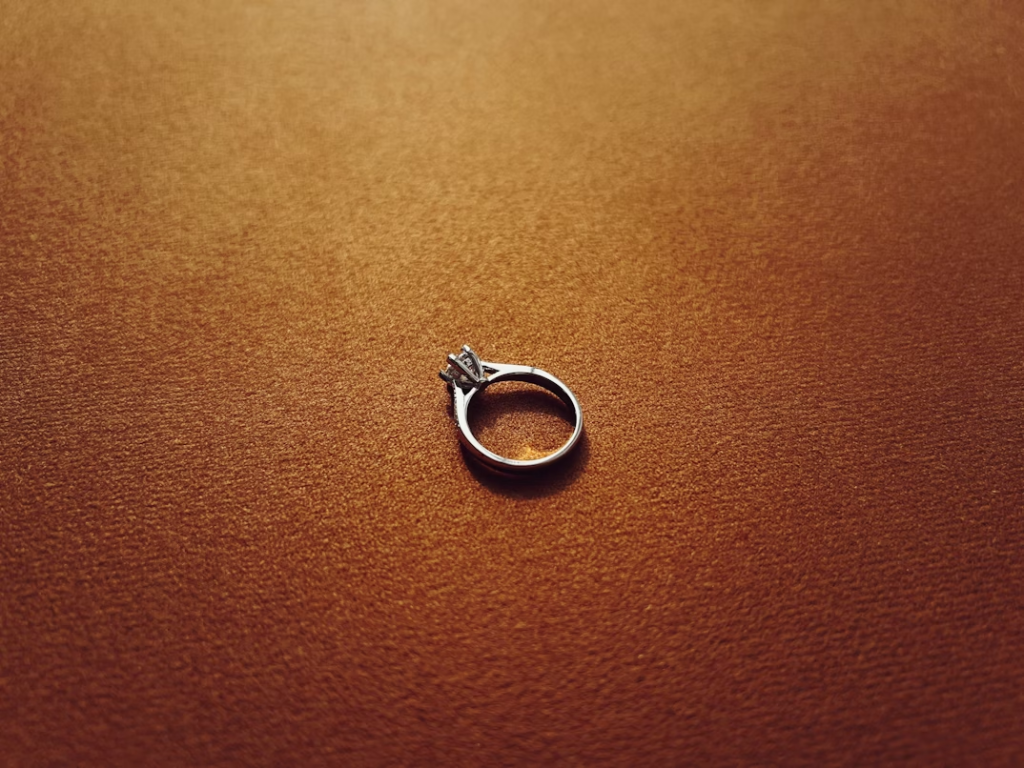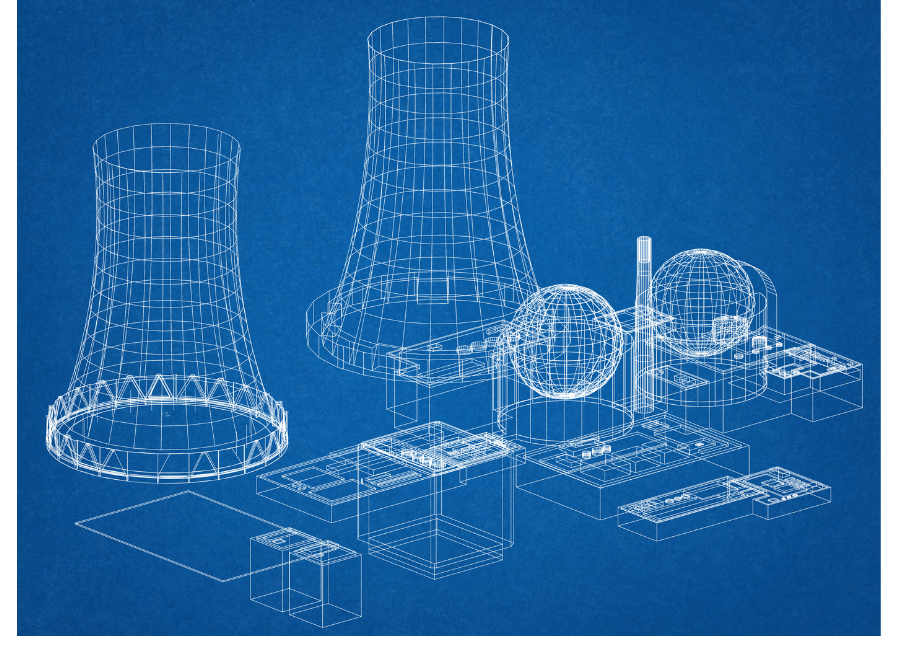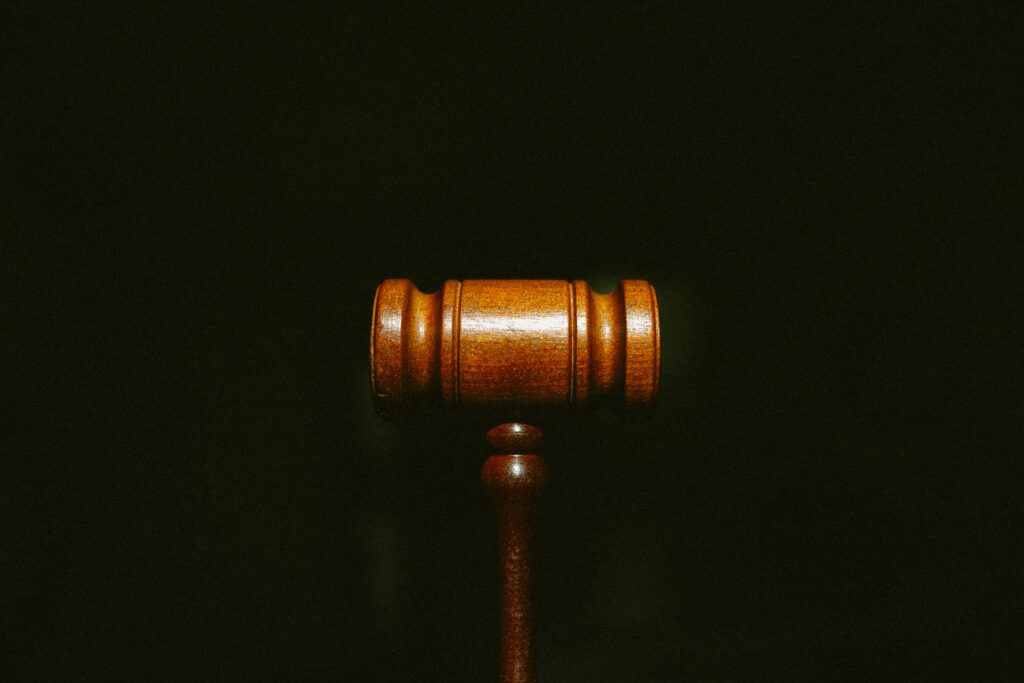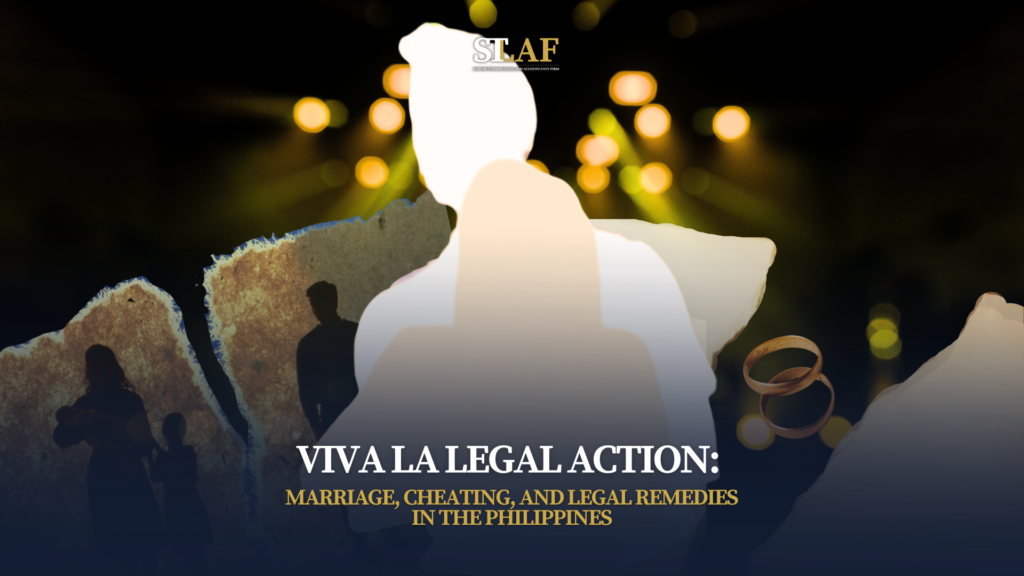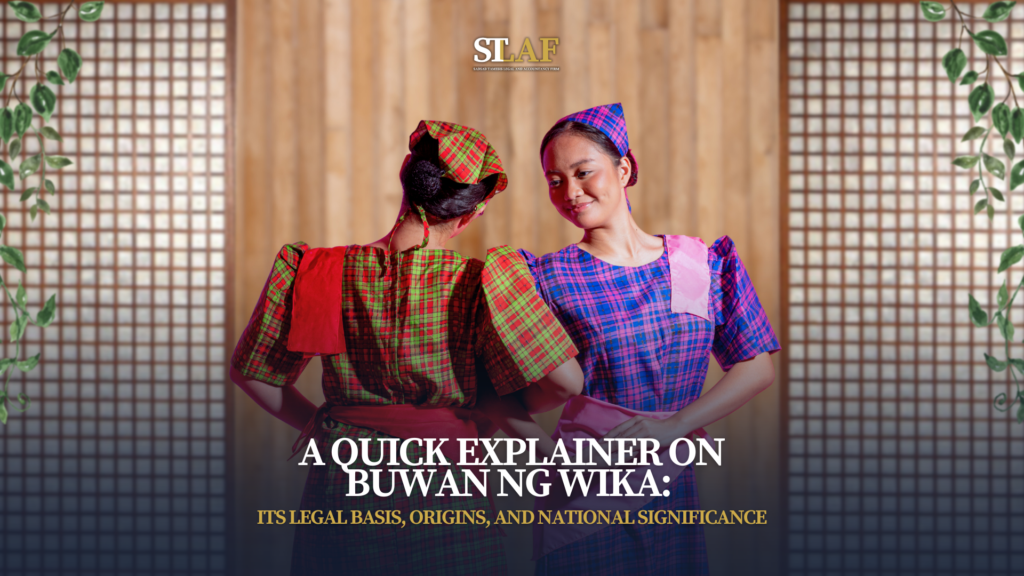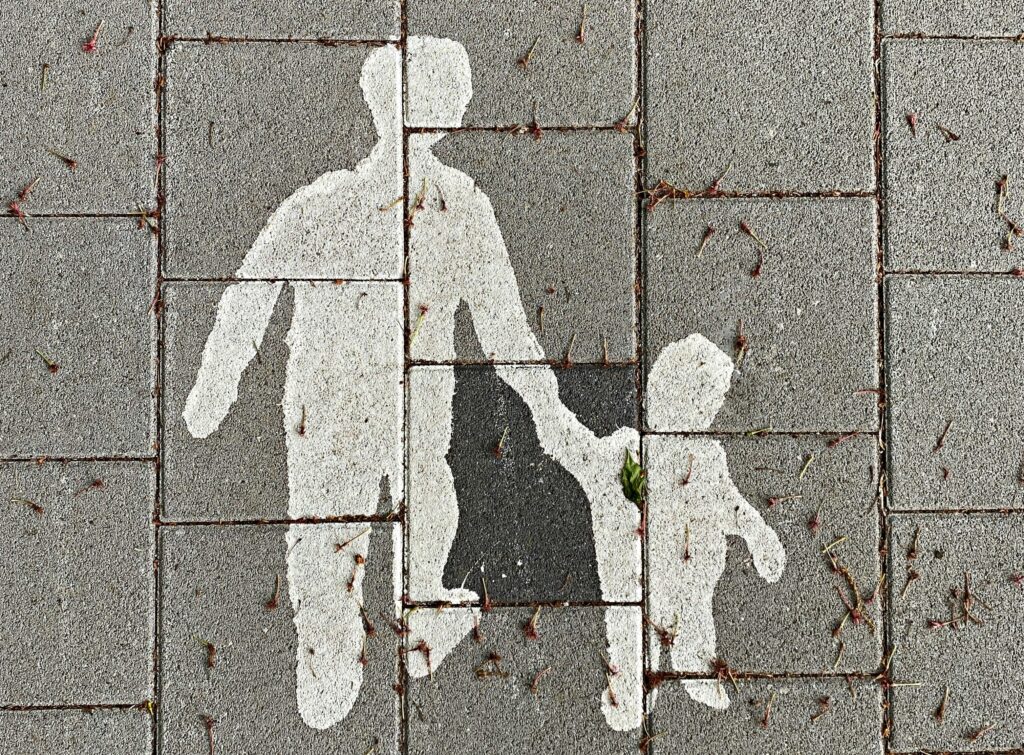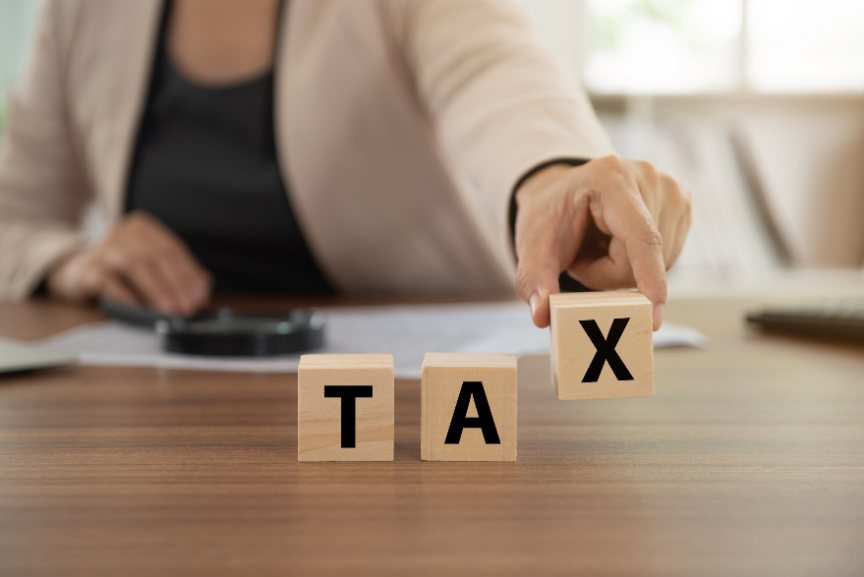Reflections on the AI-fication of the Legal Industry in the Philippines
From paper trails to AI-driven tools, the legal profession is transforming at a rapid pace. Embracing digital innovation isn’t just about efficiency—it’s about staying competitive, delivering smarter solutions, and shaping the future of legal practice.
Reflections on the AI-fication of the Legal Industry in the Philippines Read More »

